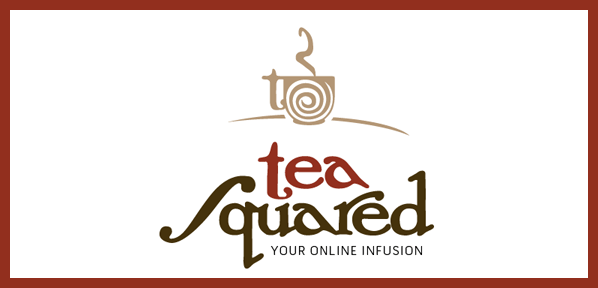Tea, we know, helped set the American revolution boiling when, in December 1773, as John Adams wrote in his diary, "3 Cargoes of Bohea Tea were emptied into the Sea." He continued, emphasizing the significance of the disobedience: "This Destruction of the Tea is so bold, so daring, so firm, intrepid and inflexible, and it must have important Consequences."
Politically, it certainly did. It inspired Jefferson to start writing A Summary View of the Rights of British America, opening a deluge of written grievances and statements of colonial rights reaching its peak in the writings of Thomas Paine and Jefferson's eventual declarative statement.
With tea as a flashpoint for taxation protests, colonists boycotted the beverage — and many of them learned to do without, which may have significantly stunted tea's place in American culture. Even after the War of Independence, tea consumption declined. "The Americans love it very much," Frederika Charlotte Riedesel wrote in her diary, "but they had resolved to drink it no longer, as the famous duty on the tea had occasioned the war."
A document I found recently explains in its title how this became something of an irreversible trend: "Civil War Soldiers Made Coffee America's Drink" by By Fredric C. Lynch.
Eugene Goodwin's Civil War infantry diary mentions both tea and coffee as options in the rations, "which consists of two crackers and a little piece of meat and a pint of tea or coffee for a meal."
Lynch's study starts in 1832, when President Jackson ordered coffee and sugar added to daily soldier rations and follows an interesting course through coffee's winning properties during wartime — including an army cook named William McKinley, later elected president, and the monument built to honor not his political service but his front-line coffee service — and the habit the soldiers took back home with them.
13 years ago




wow very interesting!
ReplyDelete